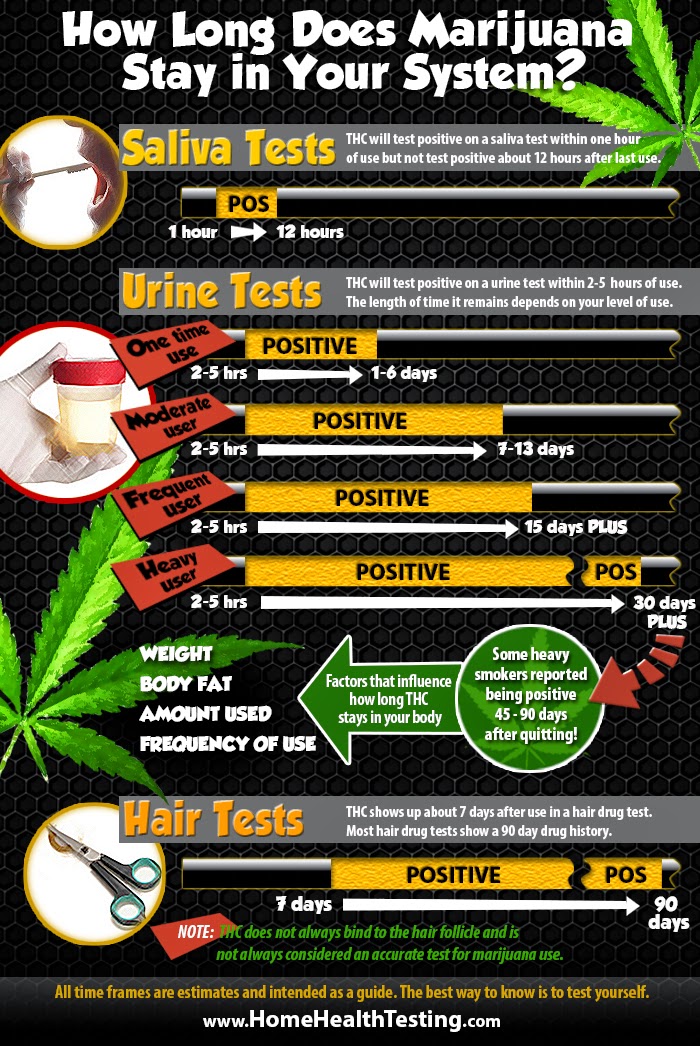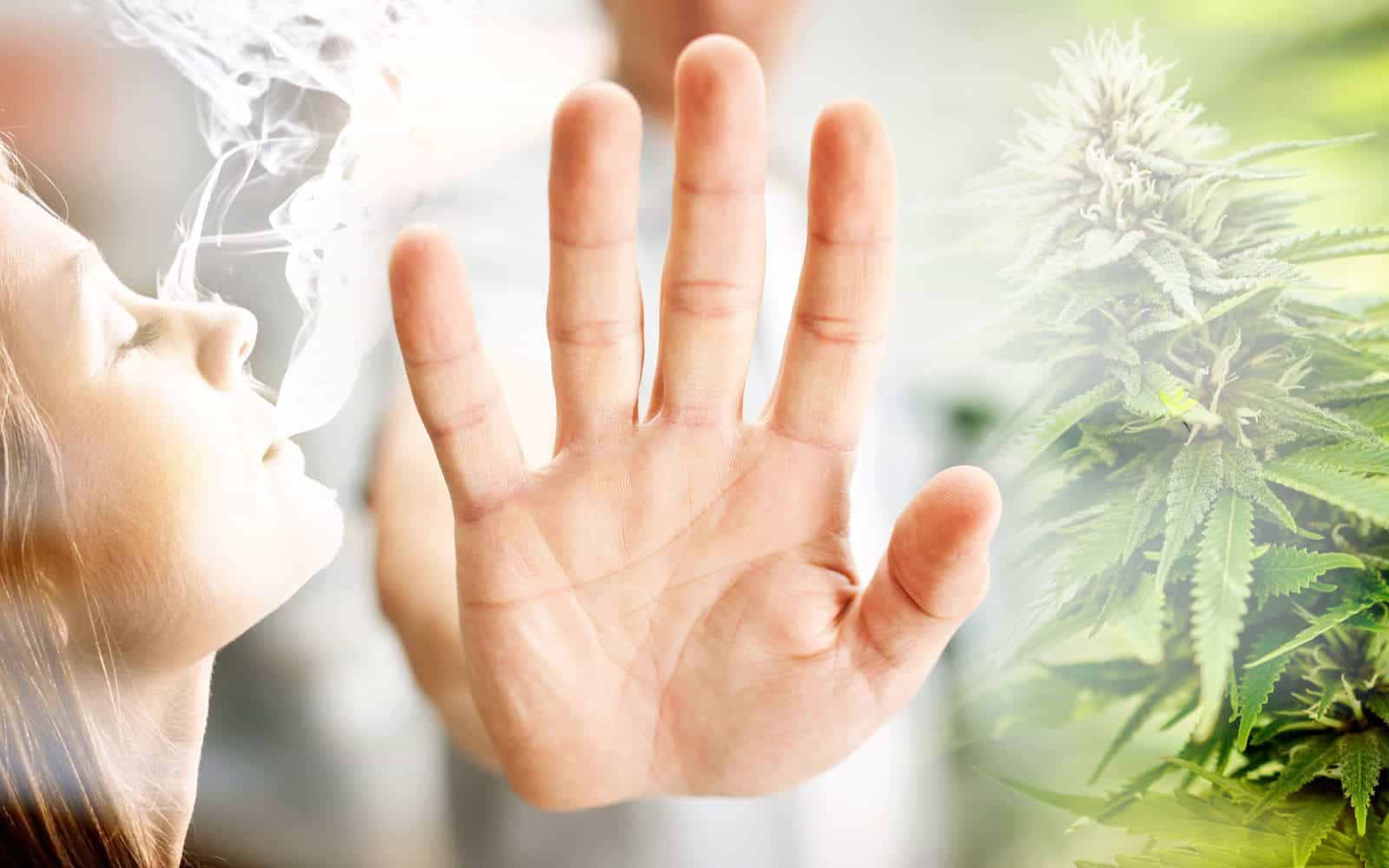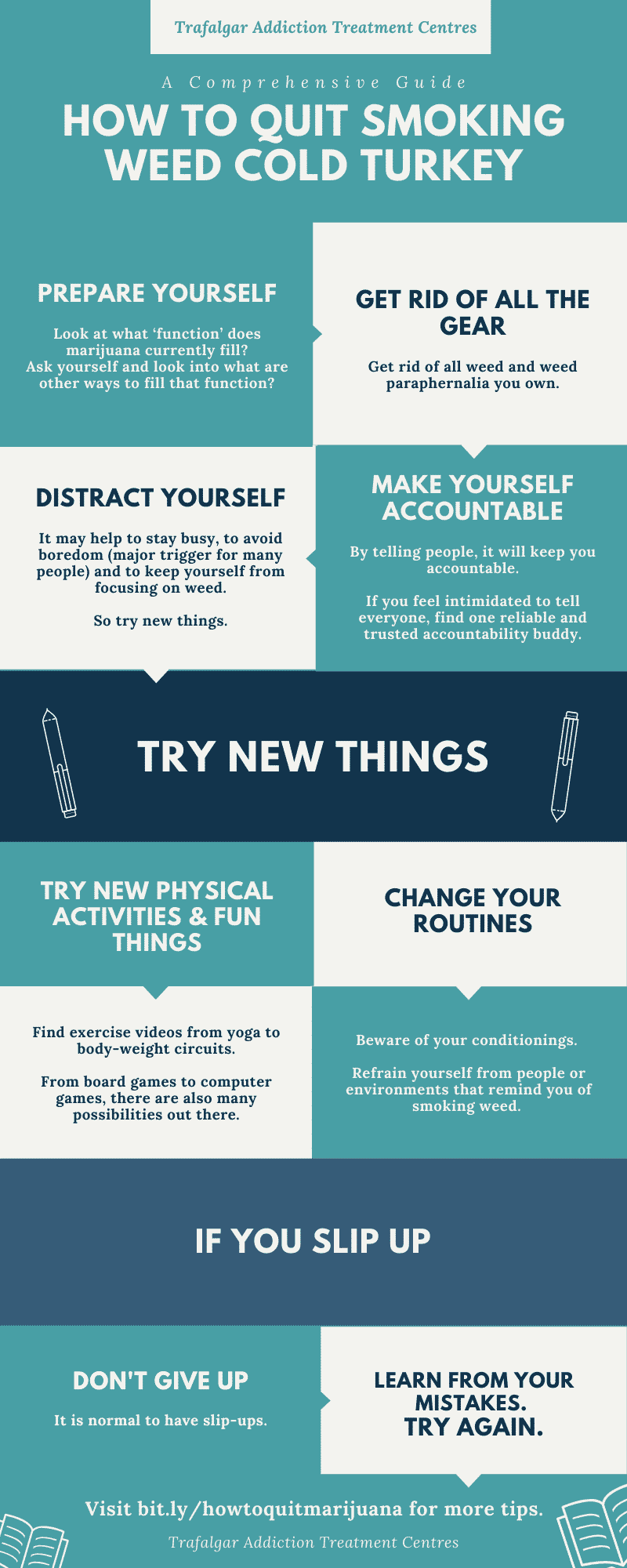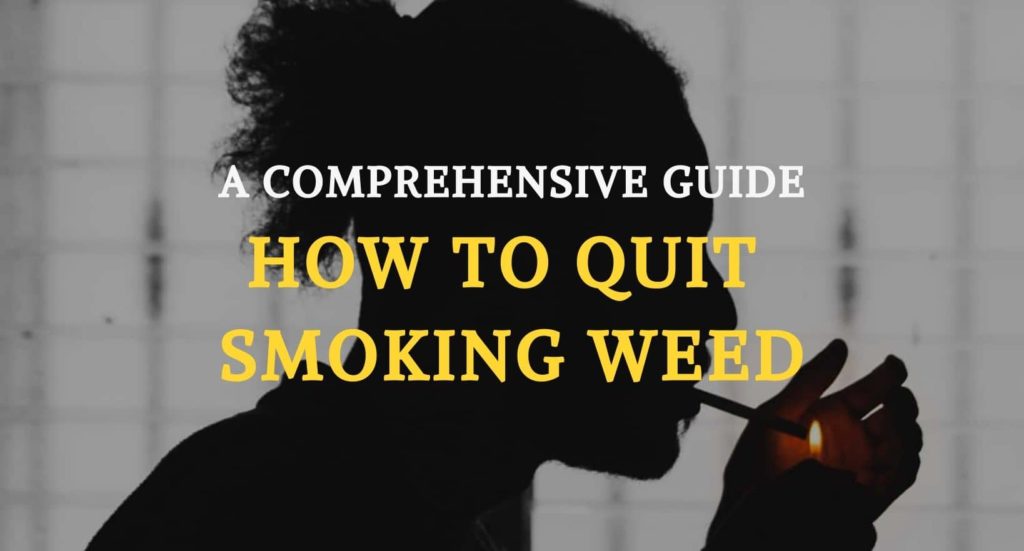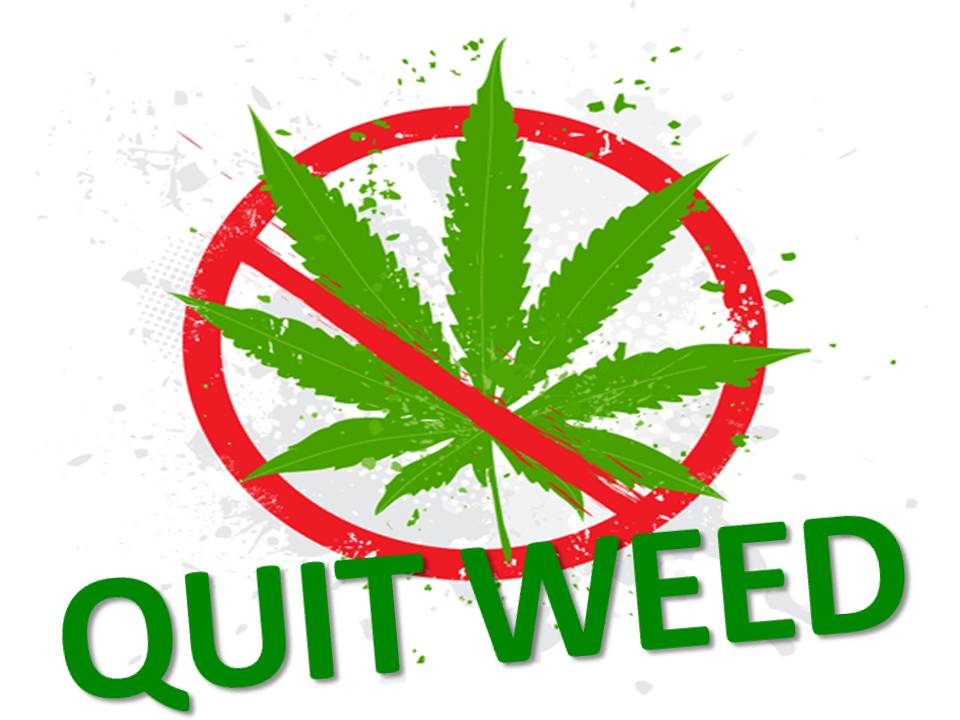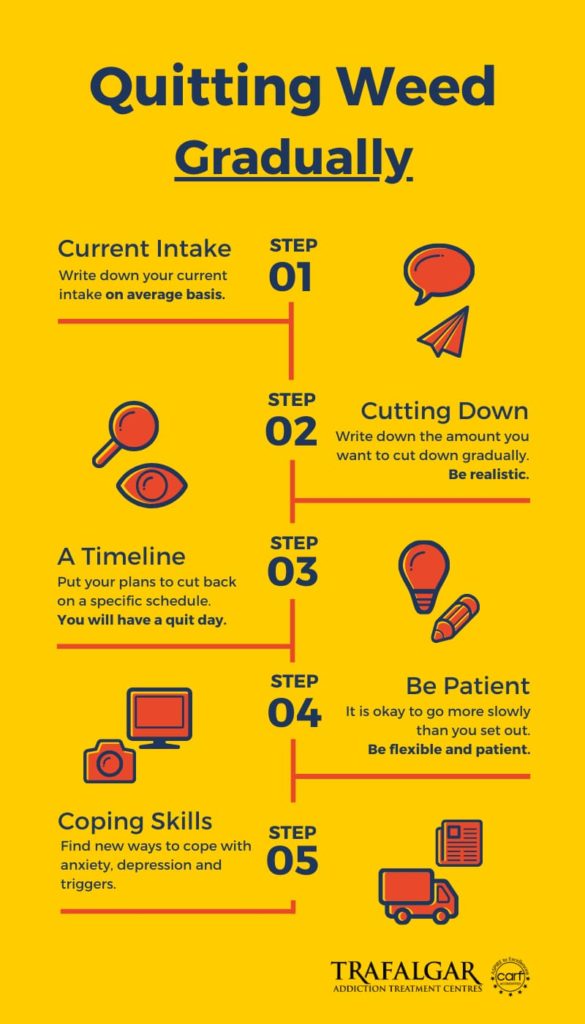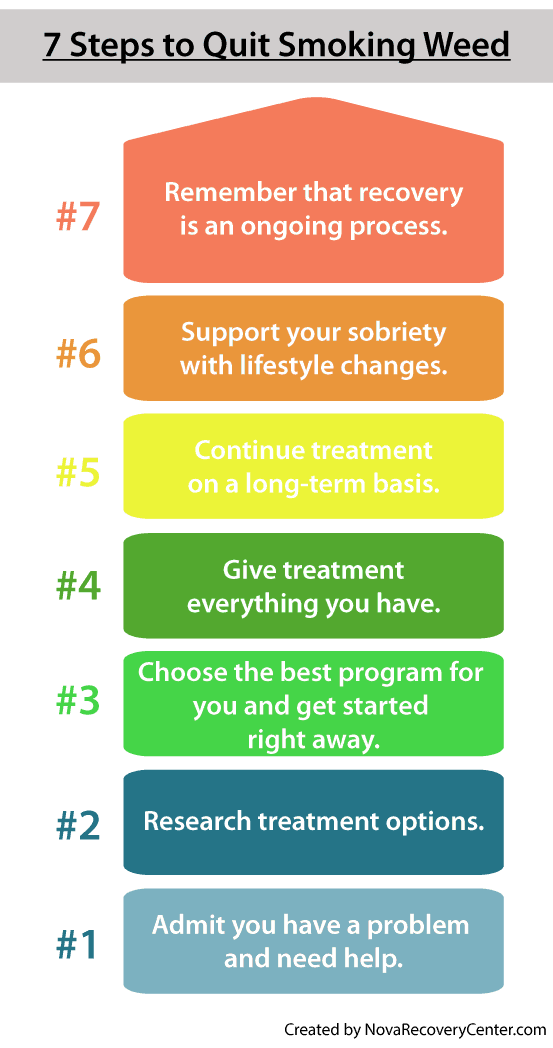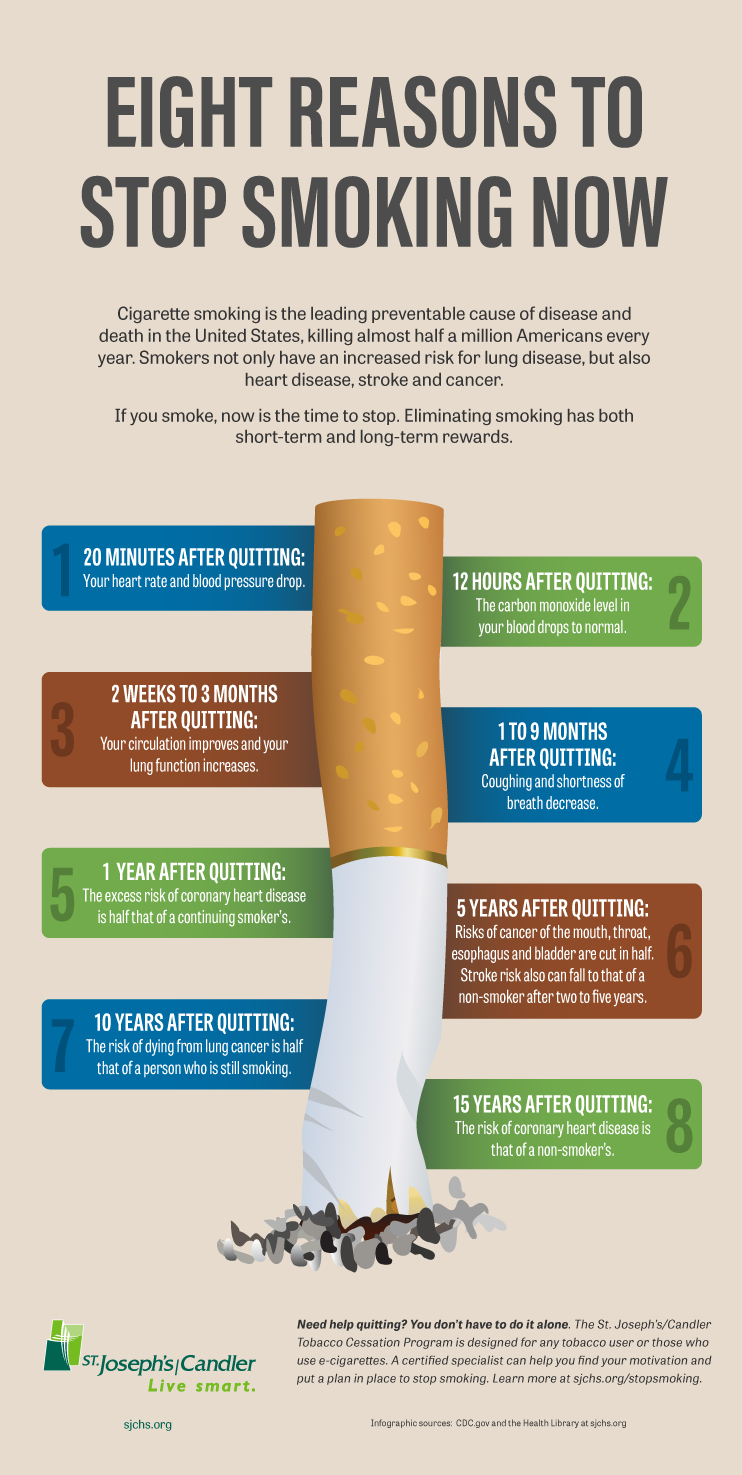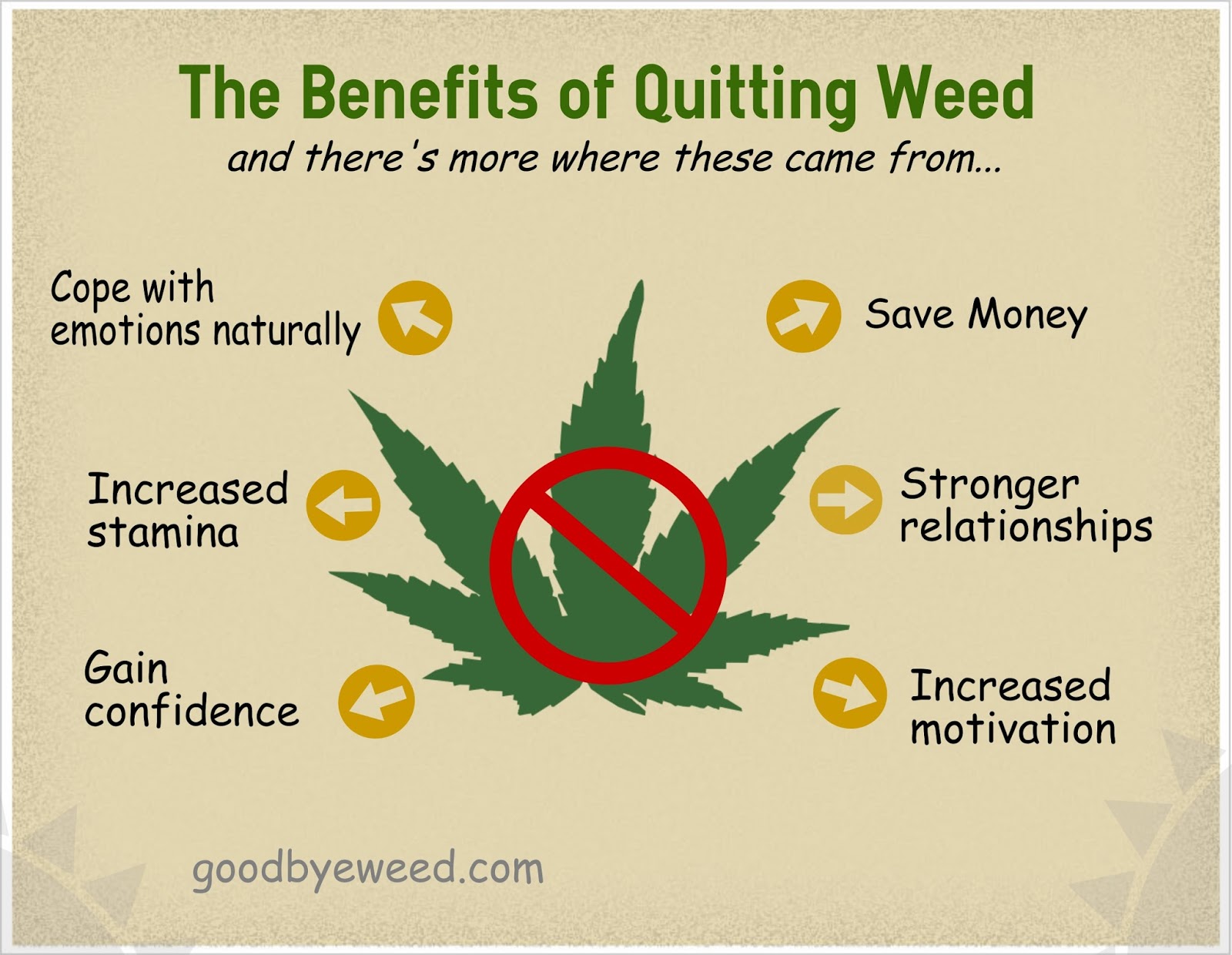Formidable Tips About How To Stop Smoking Weed
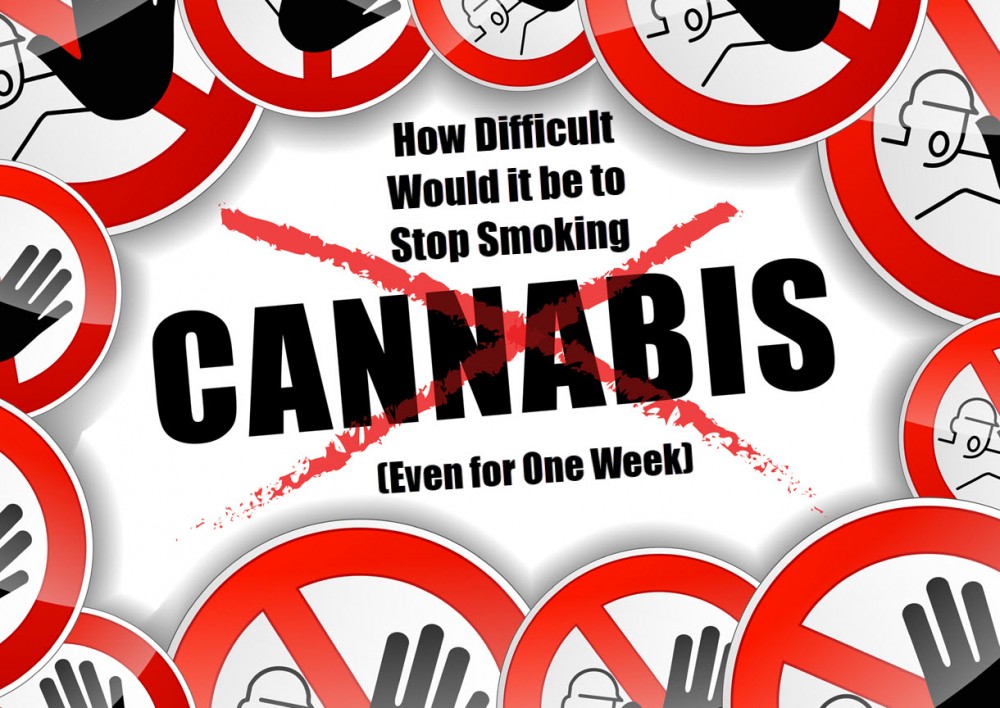
How to stop smoking weed (and what to do if you can’t) whether due to health concerns, personal goals, or legal reasons, quitting weed can be a challenging.
How to stop smoking weed. Fortunately, there are ways for you to maintain sobriety and prevent a relapse. What works for someone else may not help you much, so it’s. Recommending the best approach for quitting weed;
Seek support from loved ones 2. Tips for quitting. If you want to quit smoking marijuana, there are several things you can do to improve your chances of success like tapering your use, quitting cold turkey (if you're.
Best ways to stop smoking. Providing you with tips on how to stop smoking weed gradually. Setting a date to quit weed and getting rid of paraphernalia are first steps to quitting this drug.
Taper your weed use 5. Smoking cannabis can lead to dependence as. Whether they use weed for recreational or medicinal purposes, people can develop withdrawal symptoms.
Here are a few tips to help you stop smoking weed: Stick to glass bongs and pipes 4. Apr 03, 2023, 8:07 pm.
Join a support group 4. Cannabis is approved for medicinal or recreational use in canada and other places in the world. There’s no perfect way to quit smoking cannabis.
Giving you a withdrawal timeline; How to cut down or stop cannabis (weed), with advice on how to prepare to cut down cannabis and coping with cannabis cravings More and more in the news today, you’ll see the lists of the health benefits that come from smoking weed.
Marijuana withdrawal does not have as serious of symptoms as other. Seek support from friends and family. For individuals trying to significantly reduce their marijuana use or stop completely after heavy, regular use, acute withdrawal.
Marijuana withdrawal timeline. Cannabis dispensaries are cropping up nationwide now that marijuana is legal for medical and/or recreational use in many states. Quitting weed cold turkey can be a challenging experience.
The commonly used treatments for cannabis withdrawal are either cognitive behavioral therapy or medication therapy, neither of which has been shown to be. Don’t hold your breath 2.

